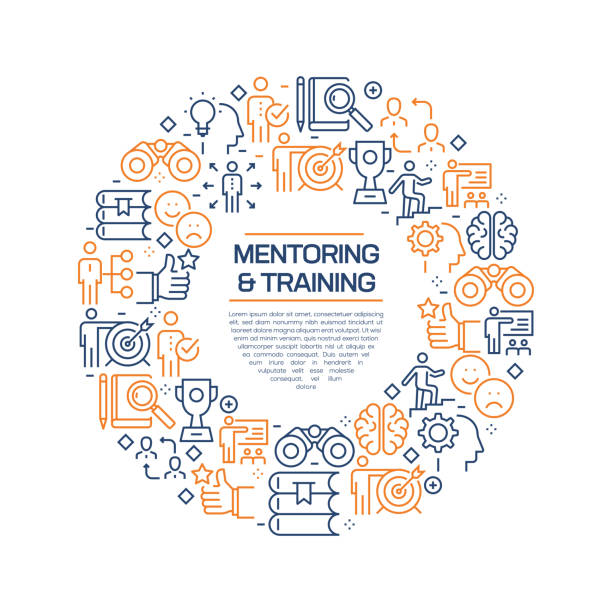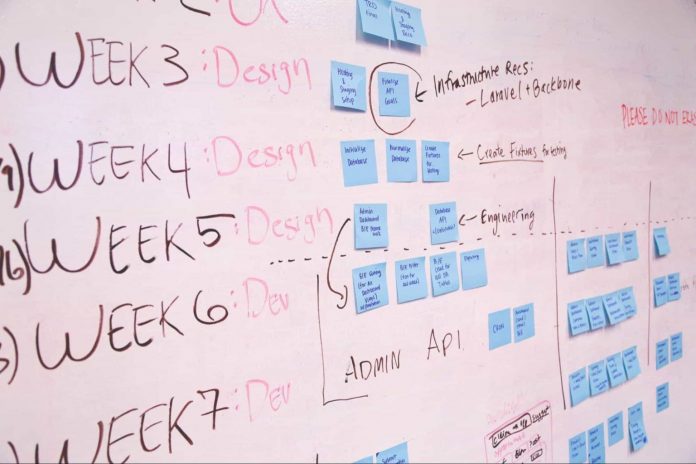Goals are essential to achieving excellence in your life. In the academic framework, goals are crucial for both teachers and students.
Students need to set educational goals to ensure that they can achieve specific skills, attributes, and knowledge after a significant time. Similarly, teachers need to set educational goals to raise learning standards in their classrooms and boost their careers.
Math & ELA | PreK To Grade 5
Kids see fun.
You see real learning outcomes.
Watch your kids fall in love with math & reading through our scientifically designed curriculum.
Parents, try for free Teachers, use for free
Without proper goals, teachers and students cannot achieve the desired academic skills. This guide will share excellent educational goal examples to enrich the academic experience.
Why Do Educational Goals Matter?

Educational goals define your aspirations and desires to achieve certain skills after completing a course. For educators and students, goals are important tools to measure their performance and efforts. When you have a clear goal in your mind, you can take adequate steps to achieve it.
Besides this, having educational goals can help to:
1. Explore New Options
When you have well-defined goals, you can find new options to achieve them. Suppose your goal is to learn advanced math by the end of the academic year. In that case, you can try different math activities to improve your problem-solving and logical skills like games, visual lessons, etc.
2. More Focused Approach
With well-structured goals, you get more focused on achieving them. You can understand your weaknesses and strengths better. This way, you can find dedication and passion for achieving your most challenging goals.
3. Zeal to Move Forward
When students have reasonable goals, they will feel energetic and motivated to achieve them. They don’t just attend classes because they have to. They go to their class with the motivation to learn something new, which will help them to achieve their academic goals.
4. Progress Meters
Goals are progress meters. With preset goals, teachers and students measure their performance and ensure they are on the right track to achieve their goals. However, if results are unexpected, students/teachers can alter strategies to accomplish them.
5 Educational Goal Examples for Students

Students should set educational goals to expand their knowledge base and excel academically. With goals, students get motivation and drive to attain challenging academic goals. Here are some educational goal examples for students:
Related Reading: How to Set Family Goals: 5 Best Tips and Tricks
1. Stay Positive
A positive mindset is vital for students to obtain their goals. With a calm and relaxed mind, you can set realistic educational goals for yourself. For example, if you want to improve your reading skills, you should approach reading with a positive attitude. This way, you can explore new options to develop your reading skills.
2. Be Resilient
It is not easy to achieve your goals. You will receive many challenges and disheartening comments from your peers, teachers, and family while chasing your goals. But, it would help if you did not let all these hardships impact your objectives. You should be resilient in your approach and move forward with full zeal to obtain your educational goals.
3. Set Realistic Goals
It is good to set challenging goals. But don’t set too high or unrealistic goals that are beyond your limits. For example, if you set a target to obtain 90% marks in your exams and you have only one month to prepare, it is an unrealistic goal, especially when you have nothing prepared yet.
Therefore, you should consider your academic level and other circumstances while setting your goals. When you fail to achieve your goals, it will only depress you in the end.
4. Be Patient
Learning is not easy. You will often feel like giving up and forgetting all about your academic goals. You might not understand a concept that your teacher has taught in the class. You might feel pressure when your friends answer the question on the first attempt.
But it would help if you did not lose your patience. If you don’t understand a lesson, you should ask your teacher to repeat it. You can also get help from outside your school, like parents, educational apps, etc.
5. Don’t Overwork
All work, no play can make you a dull person. Therefore, you should not spend your entire day focusing on your goals. Instead, take some time to do something else, like going out with friends or participating in art activities. Taking a few minutes breaks will not impact your goals. In fact, it will relax your mind, and you can accomplish your goals with a fresh perspective.
4 Educational Goal Examples for Teachers

Like students, teachers should also set goals for themselves and their students. For example, teachers should set goals for better performance, excellence, and improvement in their teaching skills. Here are some excellent educational goal examples for teachers:
1. Strength Teaching Skills
No teacher is perfect. There is always room for improvement. Thus, teachers should make it their goal to expand their knowledge and improve their teaching skills. They should stay updated with the latest technologies and adopt new teaching methods to help their students.
2. Classroom Goals
Teachers can also set classroom management goals for themselves. For example, they can set a goal to improve the overall grade level in their class. For this, they must improve their communication skills to understand each student’s zone of proximal development. This, in turn, will help teachers to set curricula for individual students and achieve their goals.
3. Professional Goals
Setting professional goals is essential for teachers to stand higher in a pedagogy. They must brush up on their teaching skills, experiment with new teaching theories, and learn from other teachers. If you want to go ahead in your teaching career, you need to have some professional goals in your life.
4. Understand Your Weaknesses
Every teacher has some weaknesses. Even a highly experienced and qualified teacher has weak points. Thus, it would help if you made it your mission to understand your weaknesses and improve them.
For example, if you find it hard to deal with young children, you should often engage with preschoolers and try innovative methods to interact with them. It might take some time to overcome your weaknesses, but nothing is unachievable in this world if you use patience and resilience.
Just Set Goals!
It doesn’t matter whether you set short-term or long-term goals, just setting goals is important. Educational goals will drive you to learn and improve your career.
Therefore, for teachers and students, it is vital to set educational goals for themselves. We have shared some fantastic educational goal examples for both teachers and students. I hope you can take inspiration from them to jot down your own goals.
Related Reading: How to Nurture Growth Mindset for Kids: A Complete Guide
FAQs
What benefits can a student gain by setting goals?
By setting goals, students can get a clear vision to improve their academic performance. They get confidence, motivation, and dedication to achieve their goals despite hardships. Students gain the energy to learn new things and explore new methods to obtain their educational goals.
What benefits can a teacher gain by setting goals?
Setting goals will help teachers provide better training to their students and grow their careers. In addition, teachers can improve their teaching skills and enhance their knowledge with the educational goals by learning new technologies and teaching methods.
























